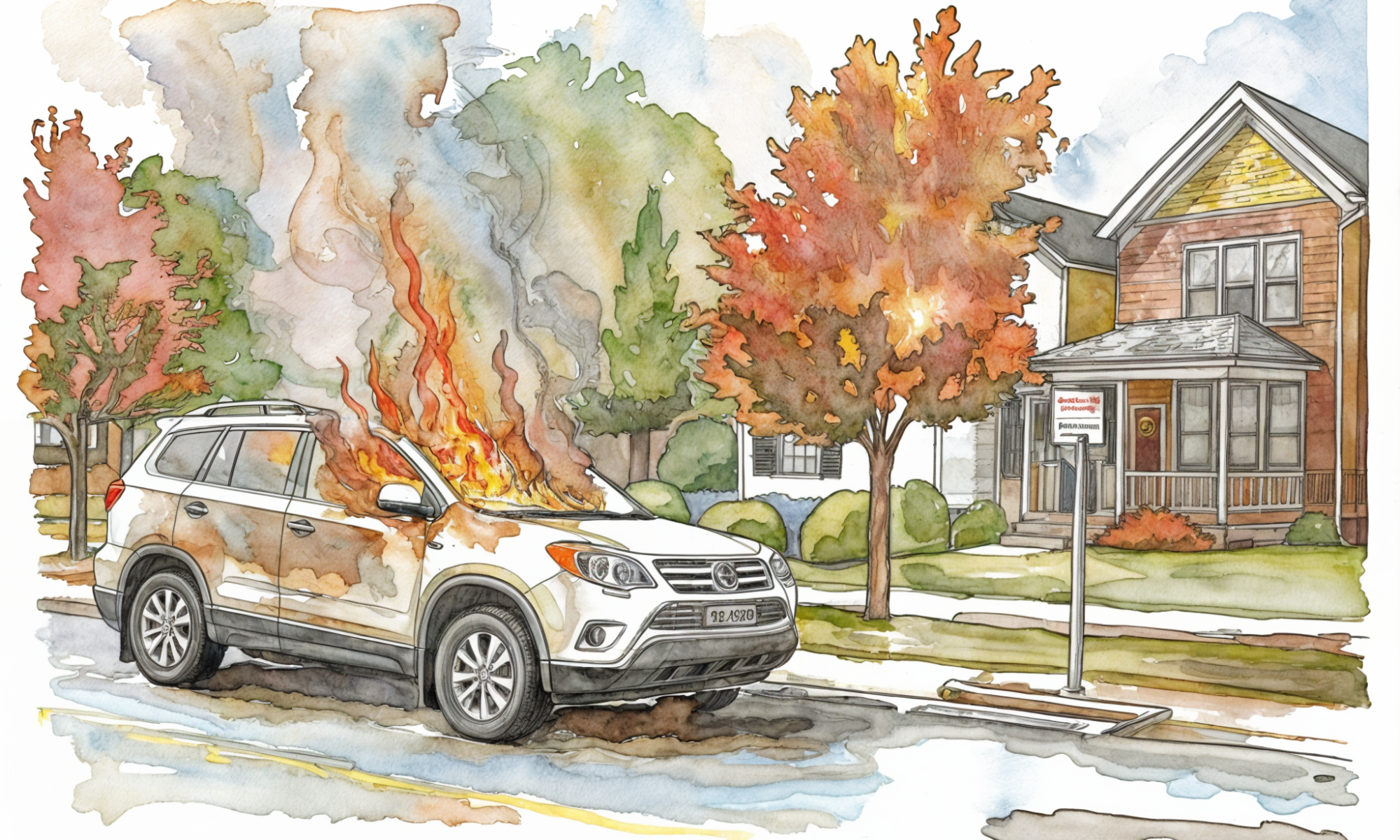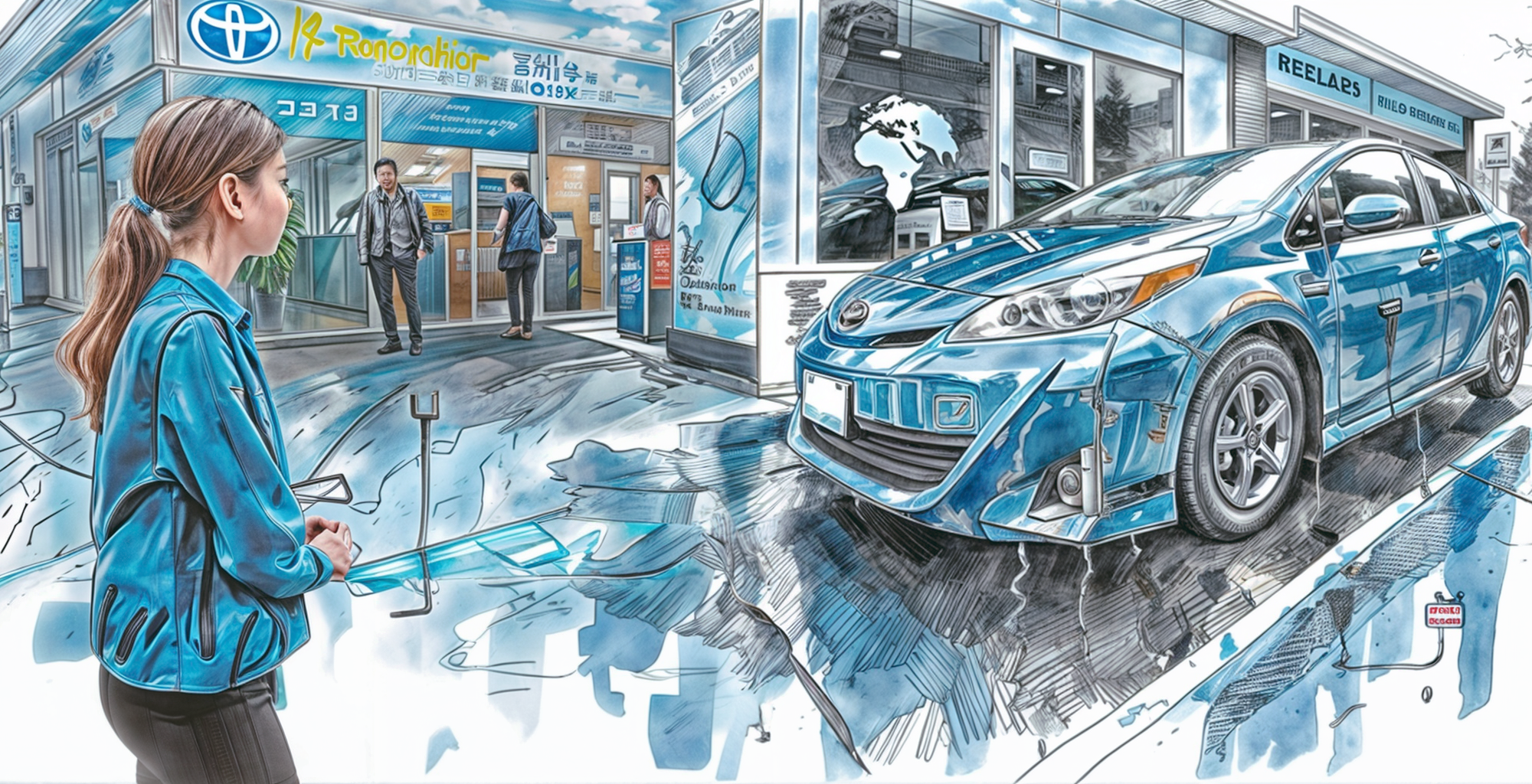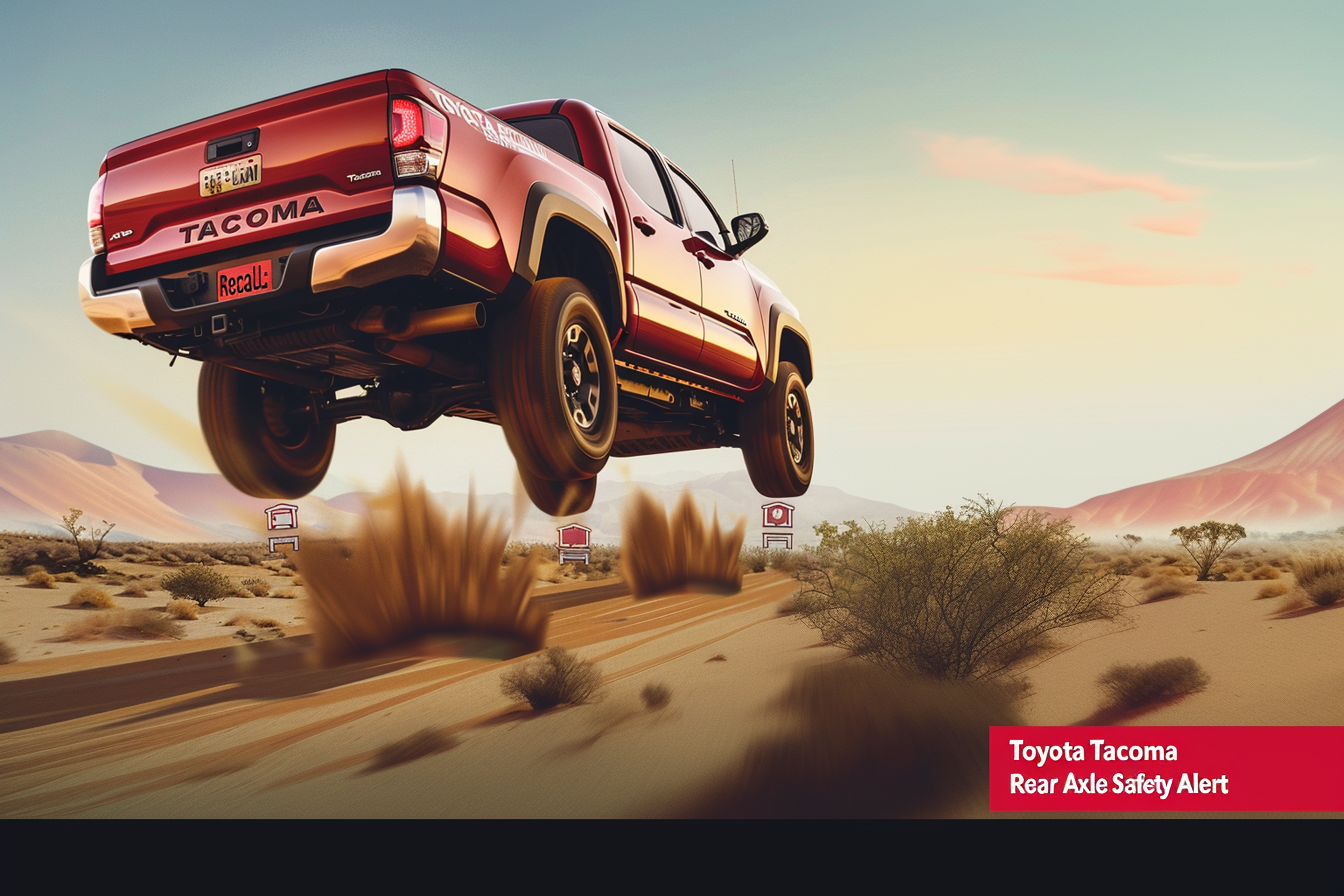As per a recent report by Carandbike.com, Toyota and Hyundai are experiencing a significant setback in their marketing endeavors. The Advertising Standards Authority (ASA) in the UK has disallowed the brands’ advertising campaigns due to misleading information regarding their electric vehicle (EV) charging times and the availability of rapid-charging points.
The Ad Campaigns in Question
Toyota’s marketing for its bZ4X model boasted that the vehicle could achieve an 80% charge in about 30 minutes with a 150kW fast-charging system. The company further claimed that rapid-charging points were readily accessible in various public places, notably at significant travel junctions on motorways and arterial roads.
In a similar vein, Hyundai’s campaign for the Ioniq 5 model stated that the vehicle could charge from 10% to 80% in a mere 18 minutes using a 350kW charger. These promotions were found on Hyundai’s website, a digital billboard in London’s Piccadilly Square, and a YouTube film featuring Chelsea footballers, a Premier League club they sponsor.
Complaints and Clarifications
However, these seemingly impressive claims met with criticism, leading to complaints lodged with the ASA. Skeptics questioned the feasibility of the charging times advertised, and both companies confessed these times were derived under ideal factory conditions. Doubts were also raised about the validity of the claims concerning the widespread availability of rapid-charging points in the UK and Ireland.
In their defense, Toyota stated that Zap-Map, a service displaying charging point locations, did not provide exact information about the locations of rapid 150kW chargers during the campaign period. The data displayed a total of 419 charging points at 134 locations across the UK. The numbers were significantly lesser for Scotland, Wales, and Northern Ireland, with only seven, two, and no rapid-charging points respectively.
Hyundai’s website pointed to 37 ultra-fast 350kW charging locations in Great Britain, six in the Republic of Ireland, and limited availability in Wales and Scotland, with none in Northern Ireland.
Both car manufacturers argued that their claims weren’t misleading. They reasoned that rapid-charging points wouldn’t be necessary for shorter trips, as slower charging points were more widely available, and they emphasized the option of home charging.
ASA’s Verdict
However, the ASA saw things differently. It held that both companies conveyed the impression that accessing rapid-charging points across the UK was relatively straightforward. The ASA further emphasized that real-world charging times could vary significantly due to several factors, such as battery age, condition, ambient temperature, and battery temperature, all of which were regulated by the manufacturers during the tests conducted to support the claims.
Even though the car manufacturers countered by saying that promoting potential EV charge times was crucial to allay consumer concerns like range anxiety and lack of awareness about the charging infrastructure, the ASA ruled the ads to be misleading and lacking substantiation, leading to the ban on such claims in electric car advertising. Toyota and Hyundai have been instructed not to mislead consumers about battery charging times in future campaigns.




